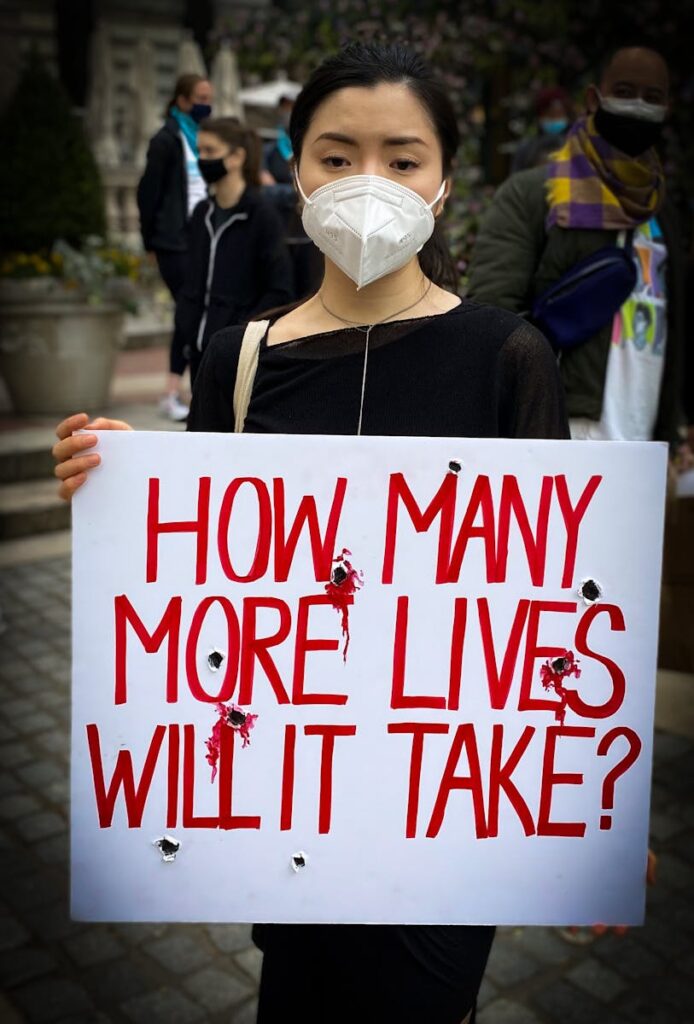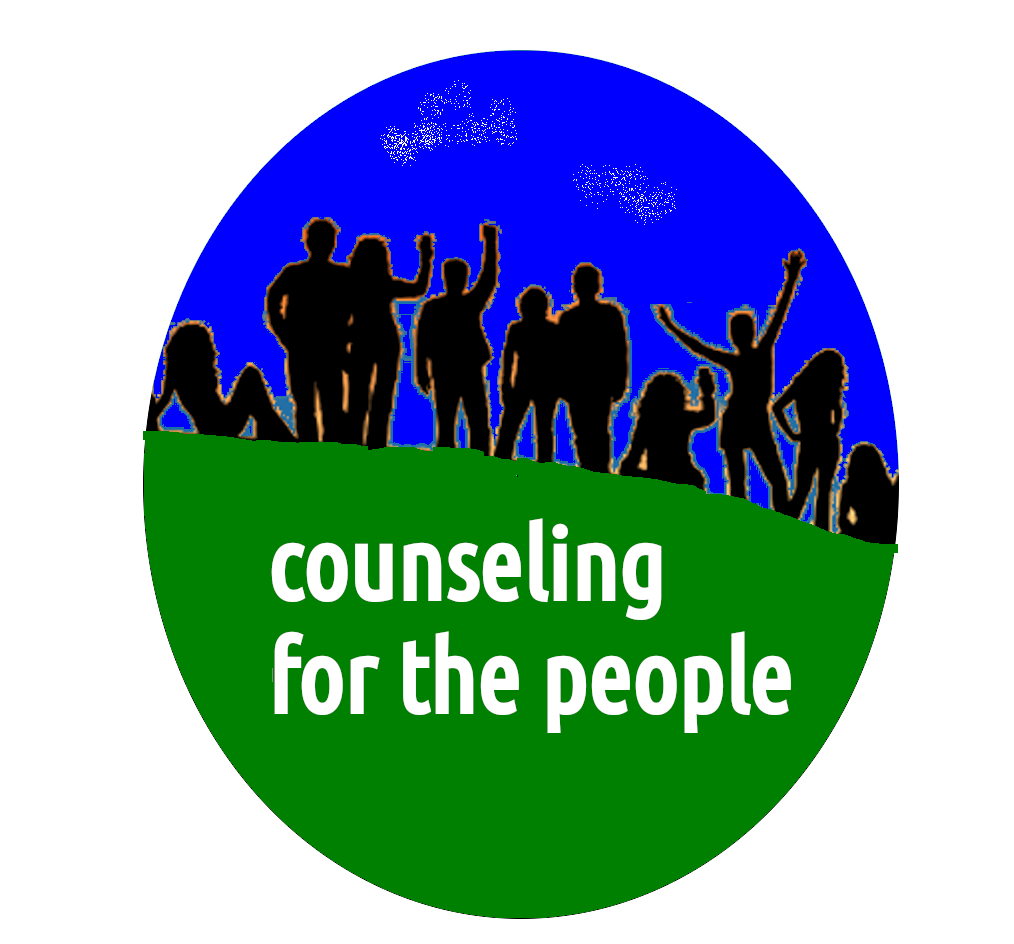
Do you feel overwhelmed by current events and the uncertain times they create? Does the world feel like less of a safe place due to events of the past several years (or even news going back to 2001?) Do you have a difficult time listening to the news, and respond either by avoiding it or obsessing with it? If so, you’re not alone. Our country and our world has been shaken by many events that feel seismic in nature. We certainly face uncertain times.
These events have had powerful effects on average people. These include people dealing with systemic racism, people having a difficult time paying rent or bills despite working more than forty hours per week. Many people work in dehumanizing conditions. And all of us hear the growing number of dire warnings about the effects of climate change that many people are starting to see around themselves now.
I am a member of the Climate Psychology Alliance of North America because I am well aware of the psychological impact of living in a world where our planet’s ability to sustain us well is in question. I am also aware that while we are not facing the emergency situation we faced in 2020 with COVID-19, the pandemic never ended. Many people–especially, but not exclusively, members of the disabled community–feel left behind by people wanting to forget about what happened. Many people, especially the immunocompromised, are particularly vulnerable to the continued uncontrolled spread of COVID-19. For that reason, I am also listed on the COVID-Conscious Therapist Directory. I’m conscious about not pushing my beliefs about the subject on other people. But I absolutely refuse to pathologize people’s decisions to take continued COVID precautions.
As a mental health practitioner, I have long held that the mental illness many of us deal with often has its roots in a mental illness collectively held by society. I reject an often-held belief that almost all mental illness begins with the individual with very little of it brought about by society. I think the reverse is true. And current events can generate or exacerbate anxiety and depression, as well as other existing mental illnesses.
As a child of the 80s, I worried about the threat of nuclear war and the growing environmental crisis. Unlike many people, I wasn’t satisfied with sweeping these fears under the rug, though doing so is an undertandable response to something that feels overwhelming. I have empathy with people who feel that pushing such concerns aside simply isn’t an option. There feelings are far from exclusive to Millennials and GenZ’ers, but a growing number of people from younger generations justifiably feel that they can’t push these issues aside.
I offer a space for people to process what is happening around them. You are not alone in feeling affected by current events, even though you might feel like you’re dealing with it alone. Even if the “illness” is external, I help you come to terms with the reality around us and help you respond to it in away that is appropriate to your needs and circumstances.
Contact for more info or to make an appointment